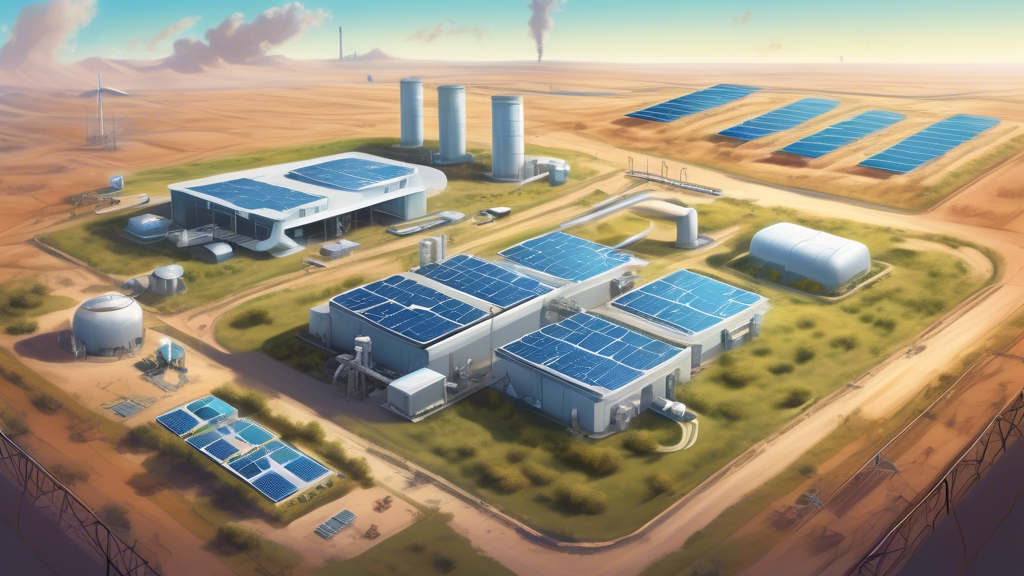
Biden-Harris Administration’s Preferred Hydrogen Energy Firm Is Reducing Production in the U.S. While Increasing It in Saudi Arabia
The Biden-Harris administration has staunchly promoted green energy initiatives, positioning itself as a leader in the global shift towards renewable energy sources. However, recent developments concerning a hydrogen energy firm favored by the administration raise significant questions about the effectiveness and focus of U.S. energy policies.
Green Energy Initiatives Overview
This administration’s commitment to fighting climate change has been evident in its advocacy for investments in clean energy projects, including wind, solar, and hydrogen technologies. These initiatives are integral to the broader climate agenda, which aims to reduce greenhouse gas emissions and transition to sustainable energy systems.
International Production Trends
Reports indicate that a preferred hydrogen energy firm, which has received endorsement from high-ranking officials in the Biden administration, is decreasing its production capacity in the United States. In contrast, the same firm is reportedly scaling up operations in Saudi Arabia. This shift suggests that U.S. support for green energy may also extend beyond domestic borders, fostering international investments and partnerships to achieve global clean energy goals.
Economic and Policy Implications
The Biden-Harris administration’s green energy push is a critical component of its Investing in America agenda, which aims to stimulate economic growth through clean technology investments. Nonetheless, the administration faces hurdles, such as a recent postponement of an offshore wind lease sale attributed to a lack of industry enthusiasm, highlighting challenges in domestic investment activities.
Critics and Challenges
Despite the ambitious green energy agenda, criticisms persist regarding the administration’s approach. Detractors argue that the focus on renewable energy has encountered several obstacles, including economic constraints and supply chain disruptions. Some critics assert that these policies have yet to yield anticipated outcomes, such as reduced energy costs and a more resilient electric grid.
Geopolitical Considerations
The decision to increase hydrogen production in Saudi Arabia also carries geopolitical ramifications, particularly concerning U.S. relations with the Kingdom and other nations in the Middle East. The administration appears to be navigating a complex landscape, attempting to align its climate goals with broader strategic interests while fostering international relationships.
Conclusion
The juxtaposition of reducing domestic production while enhancing international operations raises vital questions about the Biden-Harris administration’s strategy in promoting green energy. As the U.S. endeavors to lead in clean technology, the implications of such decisions warrant careful examination as policymakers balance domestic priorities with global engagement.
